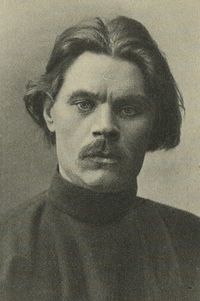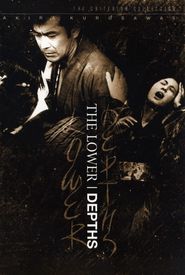Alexei Maximovich Peshkov, a literary luminary, whose pen name Maxim Gorky has become synonymous with excellence in Russian literature and politics. This extraordinary writer's life's work was characterized by an impressive array of achievements, with five nominations for the Nobel Prize in Literature serving as a testament to his enduring impact on the world of literature.
Before achieving widespread acclaim as a renowned author, Maxim Gorky embarked on a remarkable journey of self-discovery, traversing the vast expanse of the Russian Empire, and immersing himself in a diverse array of occupations and experiences that would subsequently have a profound impact on his literary output.
Maxim Gorky's esteemed literary output boasts a plethora of acclaimed works, including a seminal short story collection titled 'Sketches and Stories', published in 1899, which showcases his mastery of the genre. His oeuvre also encompasses a range of influential plays, such as the groundbreaking 'The Philistines', which premiered in 1901, 'The Lower Depths', a powerful drama that debuted in 1902, and 'Children of the Sun', a thought-provoking work that was first performed in 1905.
Furthermore, Gorky's poetic talents are exemplified by his celebrated poem 'The Song of the Stormy Petrel', which was published in 1901 and continues to be widely admired for its beauty and emotional resonance. Additionally, his autobiographical trilogy, comprising 'My Childhood', 'In the World', and 'My Universities', is a testament to his remarkable storytelling abilities and was published between 1913 and 1923.
It is also worth noting that Gorky's novel 'Mother', which was published in 1906, is widely regarded as a masterpiece, despite the author himself having expressed reservations about certain aspects of his work.
Maxim Gorky, a renowned Russian author, penned several lesser-known literary works in the post-revolutionary era, including the captivating cycles of "Fragments from My Diary" (1924) and "Stories of 1922-1924" (1925),showcasing his remarkable storytelling abilities.
In addition to these cycles, Gorky also authored novels that garnered significant attention, such as "The Artamonov Business" (1925) and "The Life of Klim Samgin" (1925-1936),the latter of which held a special place in the author's heart.
Regarded by many as his magnum opus, "The Life of Klim Samgin" is often praised by critics as a groundbreaking modernist masterpiece, solidifying Gorky's position as a prominent literary figure of his time.
The post-revolutionary literary endeavors of Maxim Gorky exhibit a distinct departure from his earlier creations, as his depiction of the Russian Revolution is marked by an unmistakable air of ambivalence, thereby distinguishing itself from his earlier anti-psychologistic inclinations.



























